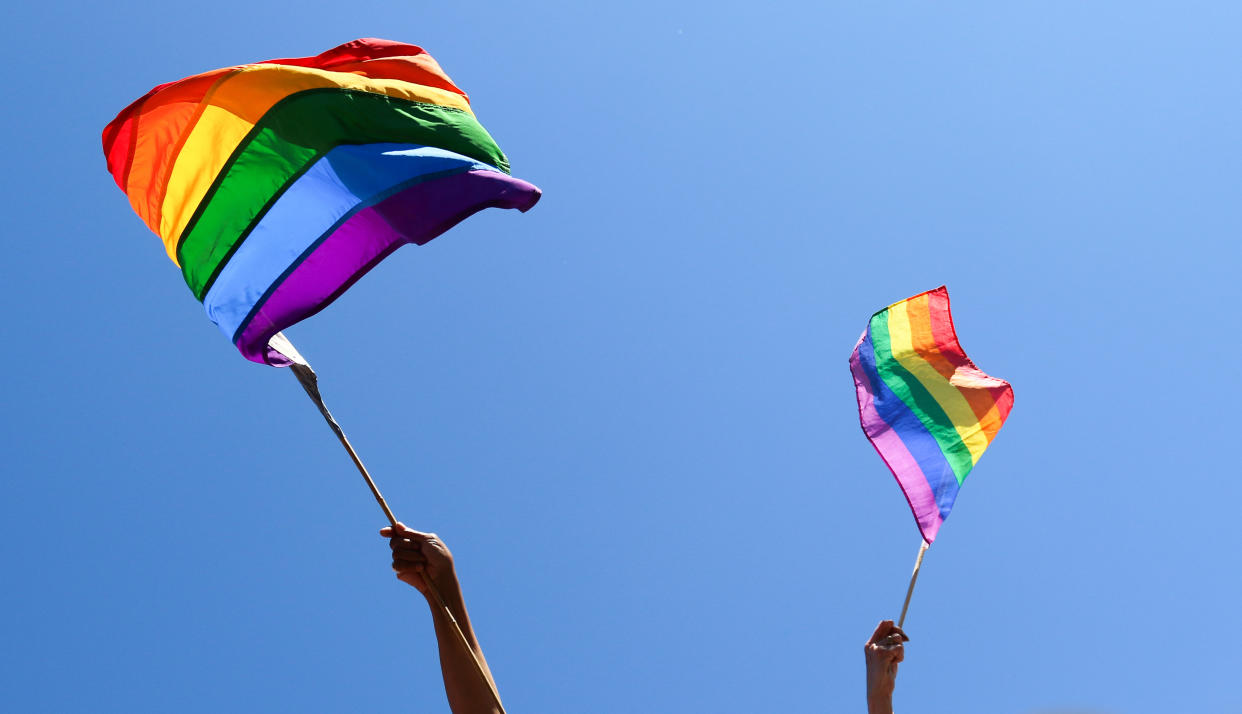'Gay panic' defense is banned in Illinois, but still used in 48 states

Illinois has made history by banning the “gay panic defense,” which allows a violent offender to blame his or her crimes on a victim’s sexual orientation or gender identity. But it’s still applicable in 48 states.
On Monday, three years after California banned the defense, the bill signed by Republican Gov. Bruce Rauner went into effect, spurring hope among activists that similar measures will be taken nationwide.
Here’s how the defense is used: A person commits a violent act toward a gay or transgender person, then claims the victim’s sexual or gender identity provoked them to either self-defend, commit a crime of passion, or enter a state of temporary insanity.
The defense has never been written into law, but according to the Williams Institute at the UCLA School of Law, since the 1960s gay panic and transgender panic defenses have been used in approximately 25 states in the hopes of having defendants receive reduced sentences.
One example is the case of Matthew Shepard, a University of Wyoming student who in 1998 was kidnapped, tortured, and beaten to death by Aaron McKinney and Russell Henderson, one of whom claimed Shepard had made sexual advances toward him. Both men are serving life sentences for the crime.
It was also used in the 2008 murder case of Larry King, a gay 15-year-old who was shot to death by classmate Brandon McInerney, whose lawyers argued he was “threatened” by the boy’s lifestyle and “repeated sexual taunts.” In 2011, McInerney received a 21-year prison sentence.
Given a recent FBI report that found anti-LGBT hate crimes, especially against transgender people, have increased by 5 percent since 2015, the bill is crucial.
“It was important to get this bill passed because we never want to see people’s identifies as a sufficient reason to murder,” Brian C. Johnson, CEO of Equality Illinois, tells Yahoo Lifestyle.
For two years, the civil rights organization worked tirelessly to get the bill passed by drafting language and meeting with legislators. “The ban reflects our state values,” says Johnson. “It should never have been an option.”
Read more from Yahoo Lifestyle:
D.C. restaurant revokes dress code after claims of racial discrimination
Eminem is still using the word ‘retarded’ — why that’s an issue
‘Riverdale’ accused of sexualizing teen girls for pole dance scene
Follow us on Instagram, Facebook, and Twitter for nonstop inspiration delivered fresh to your feed, every day.

